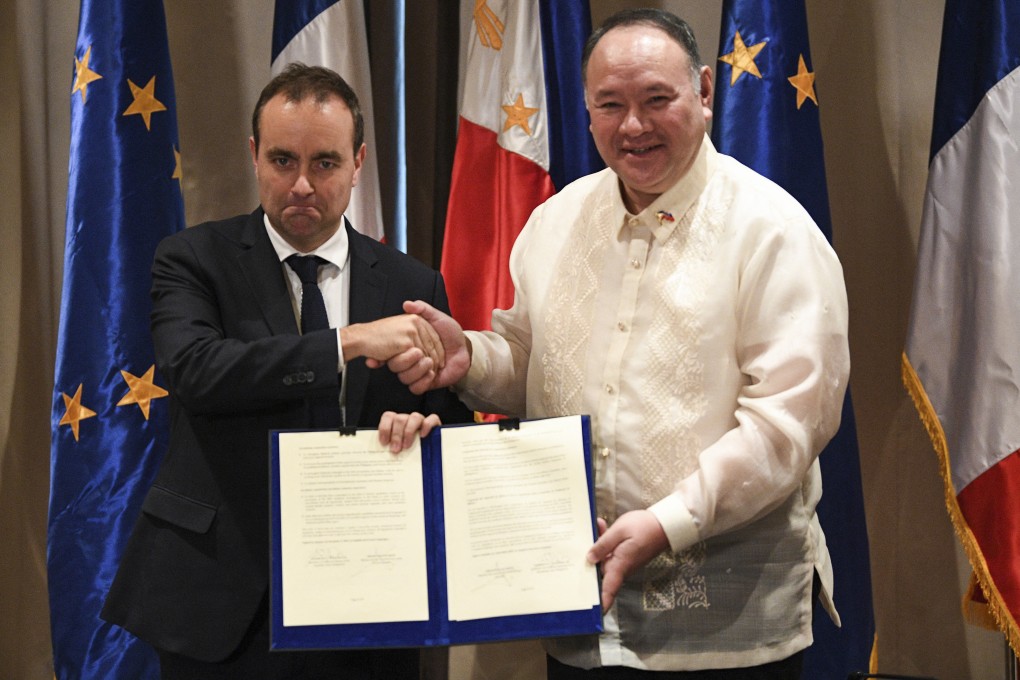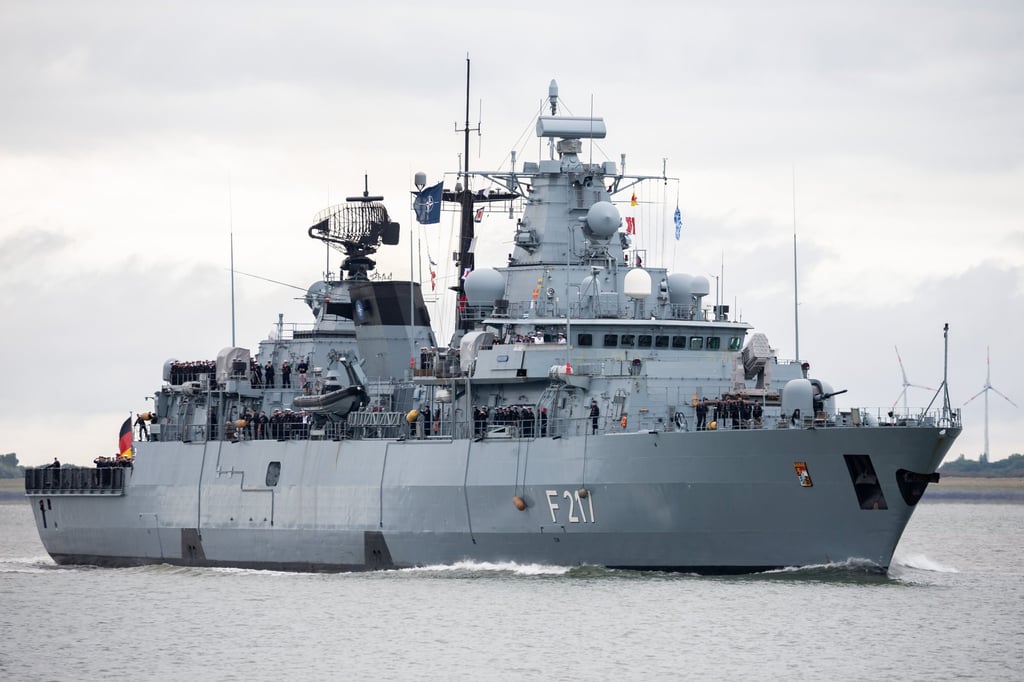‘Likely to agitate China’: European powers step up their Indo-Pacific presence – to a mixed Southeast Asian reaction
- Concerns about China, trade routes and upholding international law have seen Germany and Italy join France in making their regional presence felt
- But analysts say European involvement won’t make the region safer, with Malaysia ‘cautious’ and Indonesia ‘critical’ – even if Manila welcomes it


John Hemmings, senior director of the Indo-Pacific foreign and security policy programme at the Hawaii-based Pacific Forum, said European powers were coming to the region because “Chinese behaviour is concerning for them” and because regional players including the US, Japan, and Australia were asking for their involvement.
“It was unilateral, done without consultations, and directly threatened European supply lines to the industrial economies of Northeast Asia”, he said, adding that “without exception”, European navies had responded by strongly supporting national Indo-Pacific strategies aimed at countering China’s growing influence.
But the increased presence of European powers will not make the region safer, Hemmings said, as these countries were currently only able to offer “low-level commitments to the region – a naval group, an alignment, or a growing military footprint”.